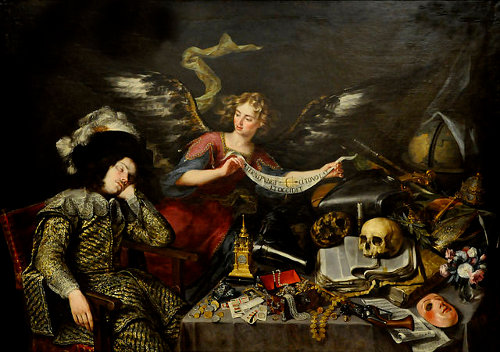
After taking opium at Malta, Coleridge dreamed of the sentence “Varrius thus prophesied vinegar at his door by damned frigid tremblings.”
Delirious with fever in Scotland, Maria Edgeworth was haunted by the words “A soldier of the forty-second has lost his portmanteau.”
In a vision at Lerici, Shelley met his own figure, which asked, “How long do you mean to be content?”
Poet William Mickle regretted that he could not remember the poetry he composed in his dreams, which he said was “infinitely superior to anything he produced in his waking hours.” But his wife recited two lines he had spoken in his sleep:
By Heaven, I’ll wreak my woes
Upon the cowslip and the pale primrose.
Robert Browning dreamed that he attended a performance of Richard III and heard a line “immensely finer than anything else in the play. … When I woke I still had hold of the stupendous line, and it was this:
‘And when I wake my dreams are madness — Damn me!'”
